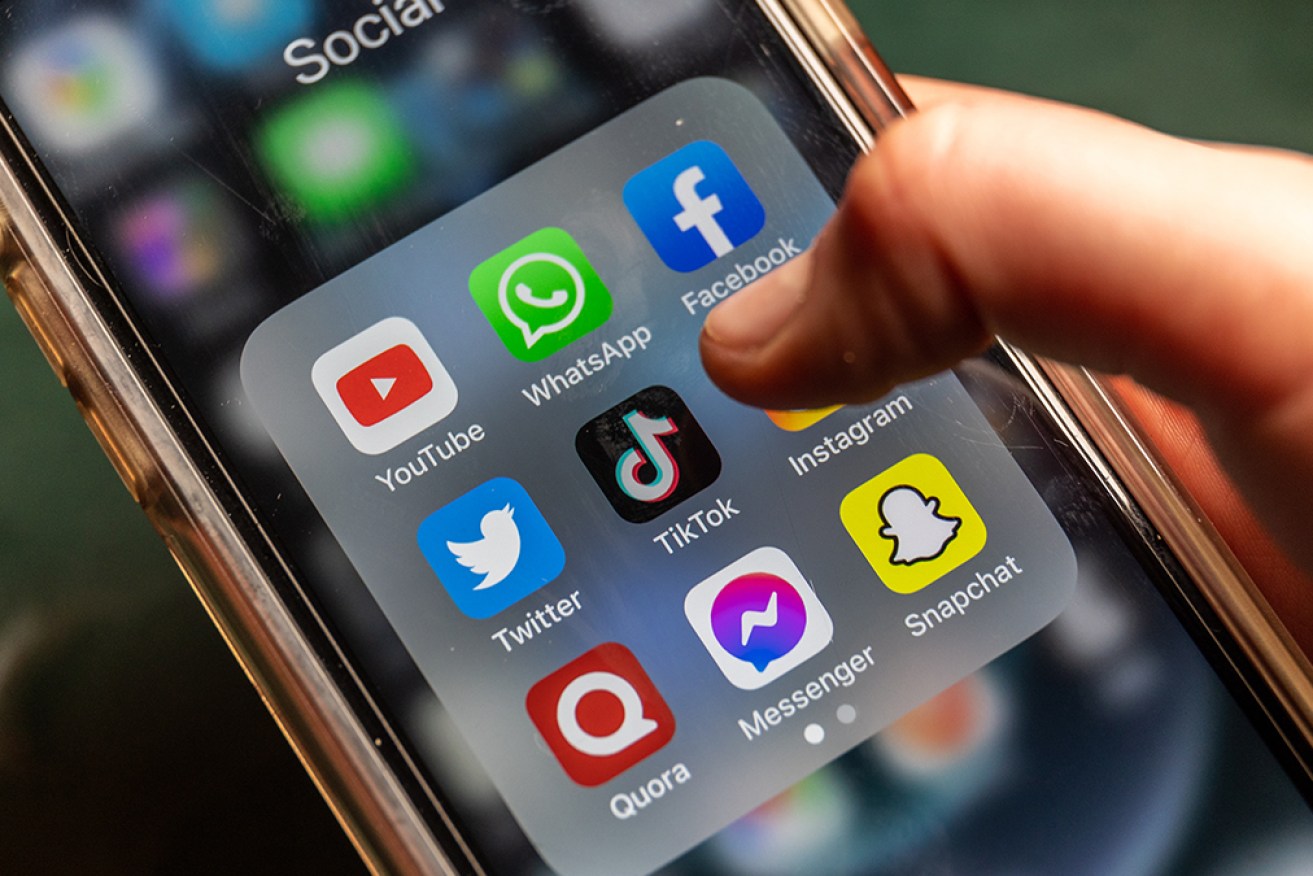How to stay focused on work in a world full of distractions


'Distraction machines in our pockets': Make the effort at work to avoid being interrupted by your phone.
In a world vibrating with ‘pings’ and ‘dings’, is it any wonder many workers are waging a constant battle to focus on the task at hand?
With our phones on us 24/7, and countless work-related platforms to monitor, there’s no end of notifications clamouring for our attention.
So how can we implement strategies to avoid distraction, and become uber-productive instead?
Why do we get so distracted?
Dr Mark Williams, a professor of cognitive neuroscience who works with organisations to improve productivity, says there are four things that capture our attention very easily, thanks to a primitive mechanism in the human brain.
They are colours (particularly reds, yellows and oranges), movement, sounds and faces – and all of these are in plentiful supply on our devices.
Competing interests
There are also two aspects to attention that help explain why it can be so difficult to stay focused.
“There’s our endogenous attention, which is like the internal drive, so ‘I want to attend to my work. I want to just focus on my work and I don’t want to get distracted by anything’,” Williams said.
“Then there’s the exogenous attention, which is external stuff that catches our attention. And those two drive against each other constantly – there’s this big pull.”
Williams says tech companies know exactly how to use exogenous attention to draw our eyeballs, and focus, their way.
However this constant battle of attention is not only extremely tiring, but costs us valuable time.
One easy fix? Just switch on flight mode when you need to concentrate, Williams said.
Pleasure and pain
Business coach Tony Meredith says a feeling of being overwhelmed commonly leads to procrastination, which is closely linked to fear.
“The fear that I’m talking about, it comes down to it’s a pain. It’s not a physical pain, it’s a mental anguish … because something’s complex, something’s difficult.
“The human mind is wired to avoid pain. So if we want to avoid pain, we go and do something that’s far more pleasurable.”
That might be fine if it’s a five-minute diversion, but far less ideal if you disappear down a social media rabbit hole when a work deadline is looming.
Be discerning
Performance specialist Paul Farina says it’s often the small actions that have a huge effect on day-to-day productivity.
His first tip is to be very discerning about which platforms you’re on, and minimise them accordingly.
For example, if he’s travelling overseas or in a different time zone, Farina makes sure that anyone who needs to reach him knows they can do so via WhatsApp.
“They know that’s my channel, that I get notifications for that. And that’s it.”
Ask the question
If your role requires multiple platforms, Farina suggests initiating a conversation about whether they’re all necessary – and what is expected of staff on each one.
“That conversation, particularly in organisations, doesn’t happen nearly enough,” he said.
“We just simply accept what we’re told, that we need to be on these four, or 10 different platforms and it really is overwhelming.”
Where possible, Farina recommends turning off your notifications to safeguard the finite amount of time and attention we all have.
“We have these distraction machines in our pockets. And if we allow them to have multiple notifications for multiple social medias and different platforms, then we’re just setting ourselves up to be distracted.”
Task, then reward
Meredith recommends setting yourself up for success by giving yourself small rewards to acknowledge your efforts.
For example, you might make two sales calls, and then visit your favourite coffee shop, or look on social media for a few minutes guilt-free.
“Do the task first and then set yourself up a reward. This is how we start to move forward and build momentum, because we create this framework of positive enforcement.”
Use your calendar
Farina suggests blocking out ‘deep work’ time in your calendar, switching off all devices and then getting into the flow.
Emails can usually also wait for your attention, Williams said.
He turns off his email alerts, and sets a reminder in his calendar to check them every two hours.
Half an hour of power
Likewise, Meredith encouraged one of his clients, who is a lawyer, to add some half-hour time slots into his calendar, during which he would shut down every distraction.
“Over time he was so productive during this 30 minutes that he increased it to 60 minutes per day,” says the coach, who notes he has now extended it to two hours each morning.
Meredith says this approach can do wonders for anyone.
“Allow yourself that time – 30 minutes, 45 minutes, an hour, whatever you think is appropriate and just do your thing. I guarantee that when you do that without distraction, your productivity will go through the roof.”

















